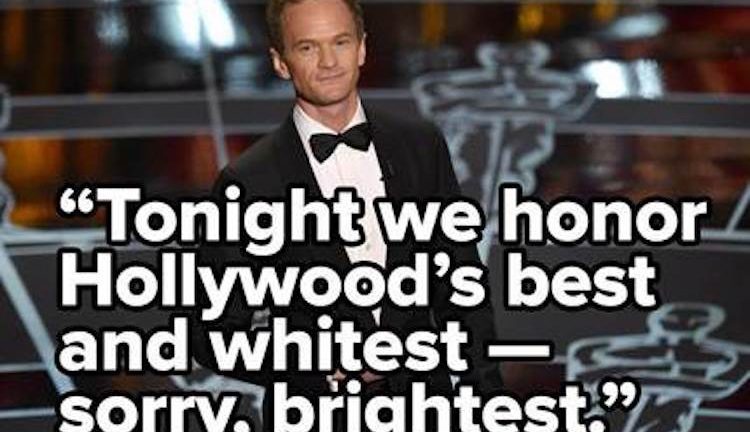By Lisa Vives, Global Information Network
NEW YORK | 25 December 2023 (IDN) — There’s a burgeoning industry of great African films, but you’ll be lucky to see any of them at the Oscars.
“I’m sure the majority of the world doesn’t even know we make movies,” commented Likarion Wainaina, the 35-year-old writer-director of Supa Modo, one of Kenya’s most acclaimed films.
Kenya submitted the film for consideration in the Oscar category of “international feature films.” It was not nominated.
The Seattle Times wrote about the film, “I straight-up bawled my eyes out.”
Since the category of international films was introduced in 1956, only ten films from Africa have been nominated, representing just five countries. Only three have won: Z from Algeria (1969), Black and White in Color from the Ivory Coast (1976) and South Africa’s Tsotsi (2005). Two Oscar winners were directed by Europeans and the third by a white South African.
Latin America has just one film on the shortlist: Mexico’s Totem. That’s down from two last year, with Chile’s The Settlers and Argentina’s The Delinquents missing out this year.
The list of overlooked films is impressive. The Senegalese film Atlantique, directed by Mati Diop, won the Grand Prix at the Cannes Film Festival and was described as an allegory for the migrant crisis. Diop made history by becoming the first Black woman to direct a film featured in a competition at the festival.
Former President Obama named it one of his favorite films of the year. It was not nominated.
The Oscar has gone to a European nation 58 times over 74 years, with Canada winning once. France has been nominated more times than any other country, with 41 nominations. Of the ten countries that have won the most Oscars in the category, all are in Europe except five-time winner Japan.
And only a small club of countries is even in the running. Just 62 nations—fewer than a third of the countries on earth—have ever had a film nominated.
Cultural biases deeply impact all Oscar categories, say organizers of the #OscarsSoWhite campaign. And consider how few female nominees there are in the best director category. This year’s slate is all male.
“Under the hanging tree”
In a first-ever submission to the international feature film category, Namibia offered “Under the Hanging Tree.” Starring Girley Jazama, David Ndjavera, Roya Diehl, and Dawie Engelbrecht, the film took on issues of colonialism, racism, and superstition in Namibia, alternating between Afrikaans, German, and English language in its 90-minute-runtime.
Last year, Uganda submitted its first-ever film for the Oscars, putting forward Morris Mugisha’s Tembele in the international feature category.
The drama follows Tembele, a trash collector in Kampala suffering from mental illness who begins to lose his grip on reality after the death of his infant son.
“In Africa, men are told to hide their feelings and never show weakness because they will be thought feeble,” Mugisha said. “Tembele suggests that it is OK for a man to cry and vulnerability is no crime especially if you’re hurting. This is a film of hope, love and brotherhood.”
Tembele premiered in Uganda this summer and swept the Uganda Film Festival Awards, winning best film, best actor and best-supporting actor honours.
Finally, “La Mere de tous les Mensonges”—The Mother of All Lies—submitted by Morocco and “La Four Daughters,” an Arabic-language docu-drama from Tunisia have both made it to the shortlist of the Best International Feature Film category, while Bobi Wine: The People’s President about the Ugandan pop star/politician is shortlisted for the Best Documentary category.
Finally, from Nigeria, a new wave of filmmakers is helping to change the depiction of LGBTQ characters. Babatunde Apalowo’s debut feature—All the Colors of the World Are Between Black and White – is a tender portrait of two men as they experience the early moments of an uncertain relationship.
It joins the canon of select films by valiant Nollywood filmmakers, queer and otherwise, rebelling against the queerphobic stereotypes rife in older Nollywood flicks. [IDN-InDepthNews]
Photo source: Global Information Network
IDN is the flagship agency of the Non-profit International Press Syndicate.


